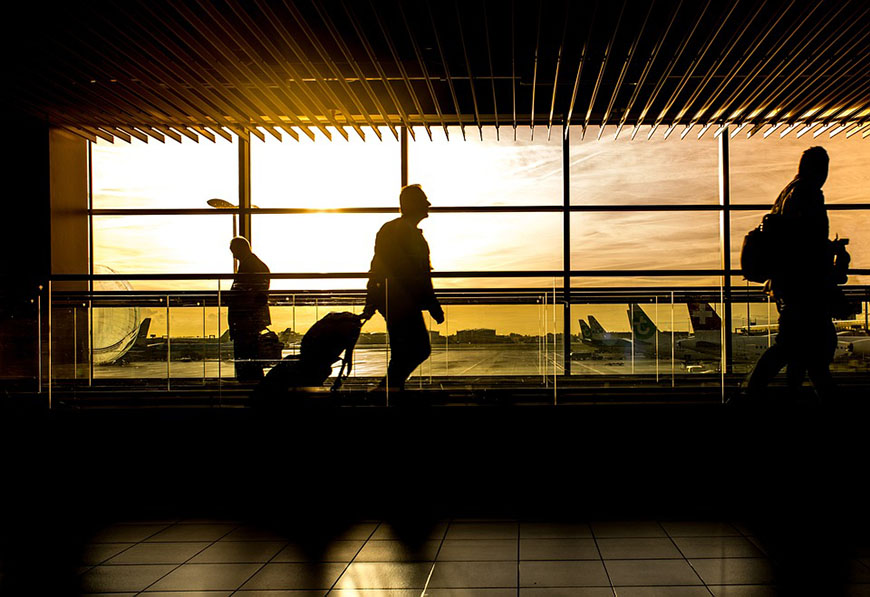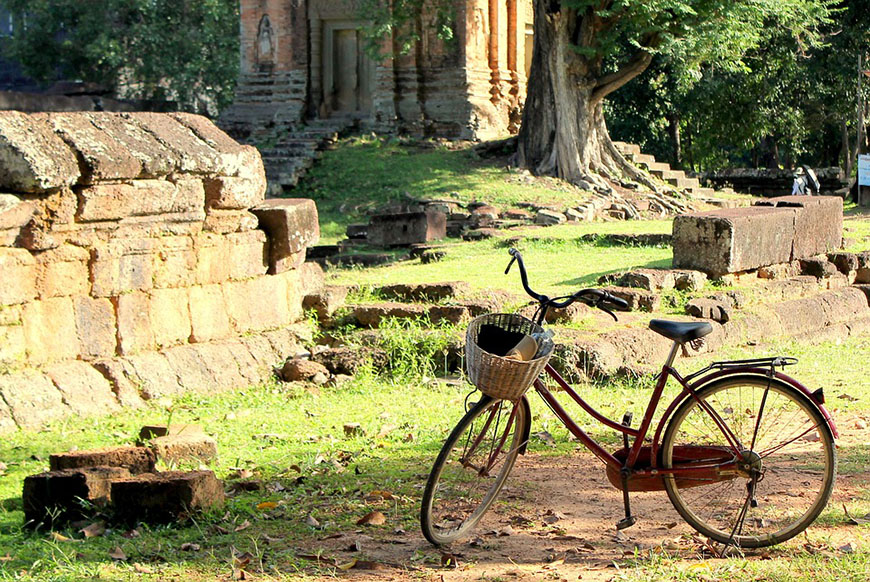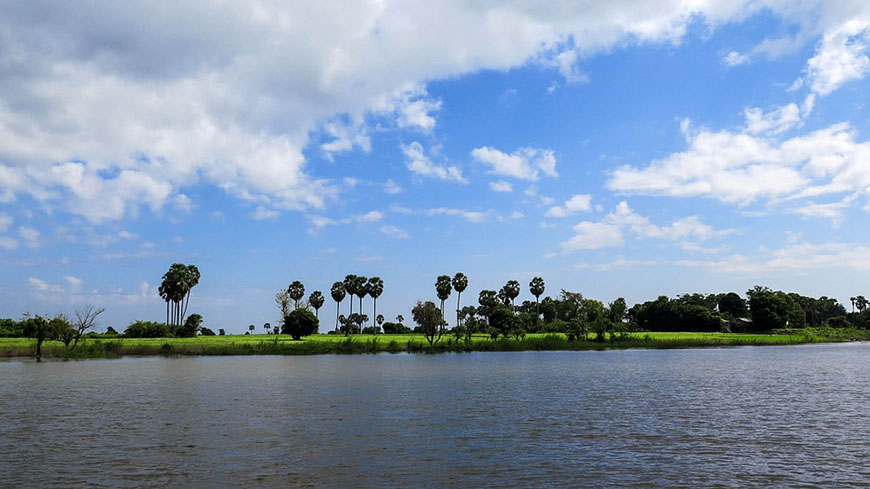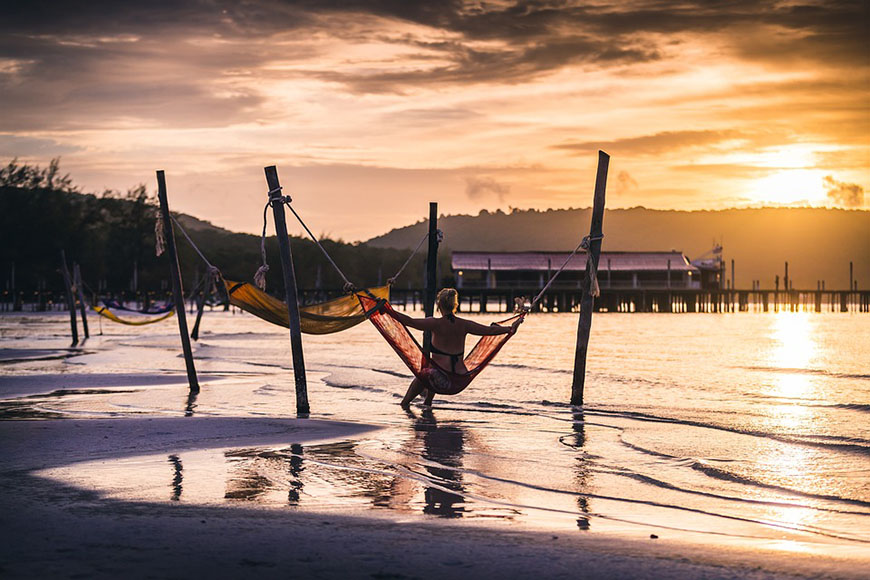Sustainable business tourism in Cambodia: prospects for 2025
In a post-pandemic context, business tourism in Cambodia is undergoing a major transformation, combining dynamic economic recovery with the imperatives of sustainable development. This profound transformation of the sector, driven by the new expectations of business travellers and environmental issues, outlines the contours of a reinvented industry by 2025.

Traveling professionals are now looking for experiences that go beyond business - Photo : Collected
Introduction
Five years after the pandemic, business tourism, like the rest of the sector, has bounced back. But the pace of change is rapid: digitalization, environmental challenges, new customer expectations... Professionals have to juggle AI, eco-responsibility, the blurring of boundaries between business and leisure travel, and new forms of work. An explosive cocktail that is redefining the contours of travel.
Ecological transition: a structuring commitment
The sector is firmly committed to sustainability, embodied in the flagship program “Building Back a Climate-Friendly Tourism Sector”. This project aims to revitalize the country's tourism sector, hard hit by the COVID-19 pandemic, while making it more sustainable and resilient in the face of climate change.
Aware of their environmental responsibilities, hotel establishments are gradually adopting renewable energies, with a particular focus on solar power. This energy transformation is accompanied by concrete initiatives by tourism operators to reduce their ecological footprint, notably through ambitious programs to reduce plastic waste.
Public-private partnerships are multiplying to support this transition, as demonstrated by the commitment of the Swiss Agency for Development and Cooperation (which is at the heart of the “Building Back a Climate-Friendly Tourism Sector” project). These collaborations help accelerate the adoption of sustainable practices while maintaining the sector's competitiveness.

Combining dynamic economic recovery with the imperatives of sustainable development - Photo : Collected
Technological and social innovation to enhance the customer experience
Artificial intelligence is revolutionizing the way business travel is organized, offering more efficient and personalized planning solutions. These technological advances not only optimize business travel, but also reduce its environmental impact.
At the same time, the massive arrival of Generation Z in the professional world is redefining the codes of business tourism. This new generation favors events that encourage authentic interaction and meaningful networking, while integrating a strong dimension of social and environmental responsibility.
Responsible economic development: an integrated approach
The Cambodian government is deploying an ambitious strategy to develop the sector, notably through strategic international partnerships. Indeed, the year 2025 has been designated the “Year of Cambodia-India Tourism”, illustrating the desire to attract new investors and diversify markets.
This economic approach is accompanied by a strong commitment to local communities. Ecotourism programs such as the Mekong Discovery Trail demonstrate that it is possible to combine economic development, heritage preservation and local empowerment.
Innovation and authenticity: the new expectations of travelers
Traveling professionals are now looking for experiences that go beyond business. This trend is reflected in a growing demand for stays that incorporate: moments of connection with local culture, wellness and personal development activities, and opportunities to have a positive impact on the communities visited.

The Mekong River in Cambodia - Photo: Collected
Outlook and challenges for 2025
Economic forecasts are encouraging, with estimated annual growth of 30%. This dynamic is underpinned by :
- Continued improvement in air traffic infrastructure
- A favorable economic environment for foreign investment
- The development of new trade routes, particularly with South Asia.
However, a number of challenges remain:
- Ongoing training of professionals in new technologies
- Balancing modernization and preservation of authenticity
- Sustainable management of natural resources

Business tourism in Cambodia is undergoing a major transformation - Photo : Collected
Towards a model of sustainable excellence
The Cambodian business tourism of 2025 is emerging as a model where economic performance and environmental responsibility are harmoniously combined. This evolution responds to the growing expectations of business travelers for sustainability, authenticity and positive impact, while contributing to the country's economic development. The success of this transformation will depend on the ability of industry players to maintain this delicate balance between growth, innovation and preservation.